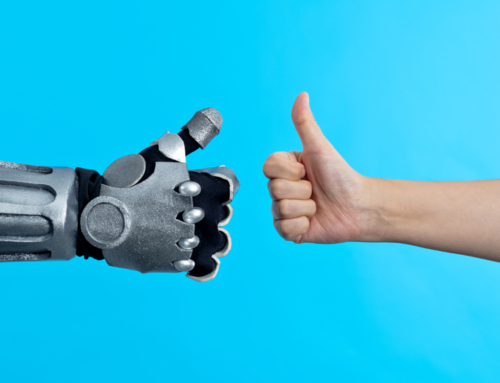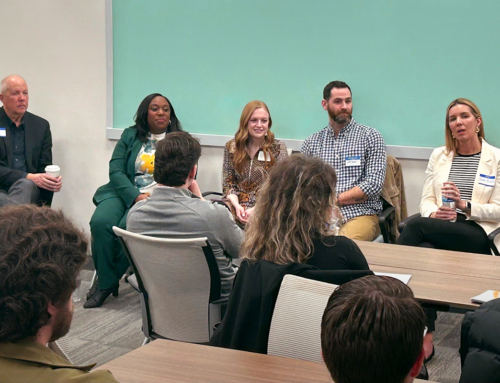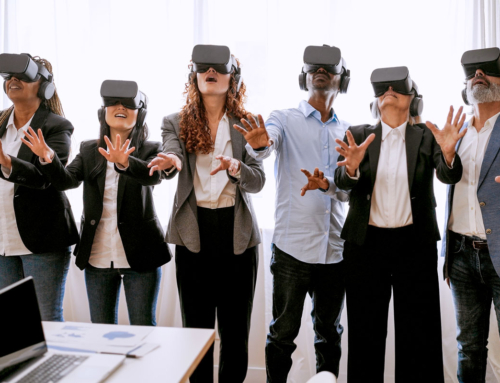I have always considered there to be many similarities between the legal and marketing and public relations professions. This is even more true when considering Artificial Intelligence (AI).
In a recent edition of the Cincinnati Bar Association (CBA) Report for September/October, I was drawn to an article titled, “Ethical Considerations: AI in the Legal Profession.” As I read this excellent piece, it only deepened my appreciation for the many similarities of these two professions.
- Strategic Communication: We each craft clear, persuasive and relevant messages to influence outcomes, whether public perceptions or legal rulings.
- Client Advocacy: We each advocate tirelessly and ethically for our clients.
- Reputation Management and Crisis Communications: Both professions support clients when things go sideways. We each work to protect brand value, inform key stakeholders, mitigate negative impacts, and more.
- Research and Analysis: Both professions rely heavily on research, whether original or secondary, to “tell a story” that ensures a desired outcome or return.
- Ethical Boundaries: Both professions operate within strict ethical frameworks to guide conduct and ensure accountability … to deliver what has been promised.
In reading the CBA Report article, I found myself replacing the written word “lawyer” or “attorney” with “communicator” in the various examples and guidance provided by the author. Try that along with me for these various key quotes:
“If an attorney chooses to use AI in their practice, they should always check the accuracy of the AI generated document to ensure competent lawyering.”
Or,
“… a lawyer should be cognizant about the information they input into ChatGPT. OpenAI, the parent company of ChatGPT, warns its users not to share any sensitive information with ChatGPT. As a self-learning generative AI tool, ChatGPT learns from the information put into its system by its users.”
And, to reinforce the above,
“An AI system is not trained to produce true information; it is trained to predict what the author wants it to output.”
At Vehr, we believe that AI, when used appropriately, can improve efficiency, inform strategy and inspire creative thinking. We do not see it as a substitute for human creativity, understanding, judgment and experience. We believe that outputs from AI may inform and inspire our work, but direct responses from AI should never be a final work product for Vehr clients.
We agree wholeheartedly with the CBA Report article, and say in our own AI Usage Guidelines, “If using AI, you must fact-check and/or research all information to ensure accuracy and adherence to trademark and copyright laws.”
Reading the informative and professional CBA Report article on the ethical considerations of AI usage reinforced the many similarities between the legal and marketing and public relations professions.
What it really reinforced is the reality that, in time, while AI will undoubtedly impact and, perhaps, historically change the legal, marketing and public relations professions, it will never replace human knowledge, insights, creativity and experience.








